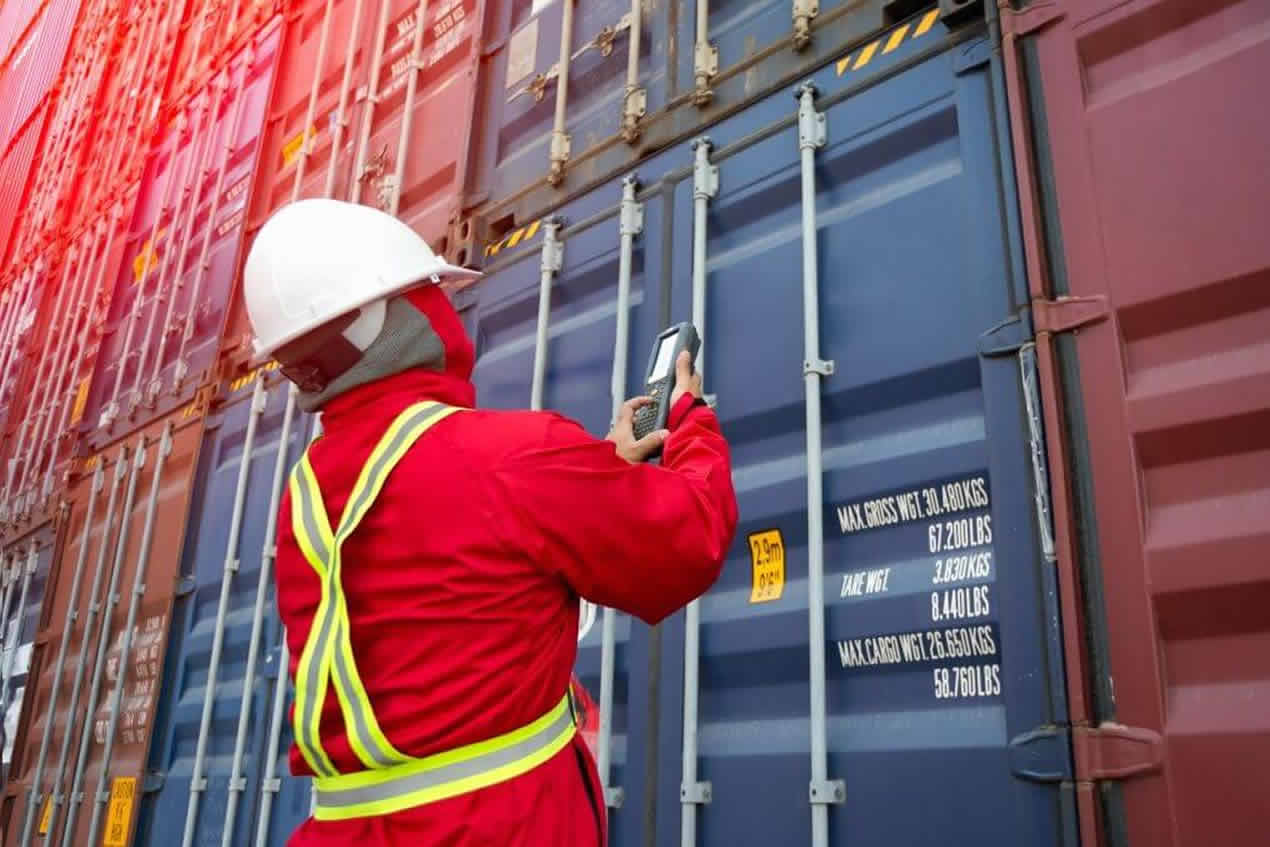For most in-house counsels, monitoring trade regulations and controls could be a never-ending headache given the ever-changing regulations and laws. Nearly all organizations, not only the ones caught up in sanctions scandals, are waking up to a myriad of regulatory issues imposed by trade controls.
Companies that have been identified as non-compliant by regulators are improving and ramping up their compliance initiatives. In addition, other companies witnessing these trends are also expanding their compliance programs and are being more cautious as they do not want to end up paying hefty fines.
Regulations and laws that govern trade controls are increasingly complex.
The regulations and laws that govern trade controls are becoming increasingly complex. And with the imposition of new large-scale sanctions, like the ones in Russia, organizations that don’t have effective trade controls as part of their compliance programs are getting left behind. There are plenty of complex trade sanctions against Russia that require vigilant monitoring. Simultaneously, there is also an export control reform initiative in the U.S. that is rewriting and changing many export control regulations
There is considerable complexity that legal counsels are trying to cut through and manage via compliance programs, which will help connect things for their businesses in a manner that is understandable and easy to implement. There is however, one risk with implementing compliance programs: the risk of contravening U.S. sanctions by rendering advice on how to take action in sanctioned areas. Experts suggest it is better to closely adhere to U.S. regulations rather than taking a direct course of action in sanctioned states.
We may be able to explain the relaxation of Burma sanctions by the U.S., and how it allows specific activities – other things are still problematic or off-limit. It is typically strictly case-by-case, and there is a considerable challenge in the application of these regulations and laws to a company’s particular circumstances, as a few laws in the area are quite ambiguous.
3 governmental agencies to align with when considering expansion of International Trade
The expansion of internal trade control regulations by companies should be closely aligned with 3 governmental agencies, which are the Treasury Department, the State Department and the Department of Commerce. By obtaining relevant guidance from all three regulators, an in-house counsel will be better placed to understand the aspects of regulations that are usually not black-and-white.
In case a company runs afoul of these trade control laws and regulations, it is not considered fatal. The important thing is demonstrating a genuine commitment to comply. These agencies will usually recognize complex areas, and in case companies are attempting to remain compliant and their management is committed to compliance, they will take these efforts into account when reviewing cases.
Even when organizations implement stringent compliance controls, most compliance officers tend to focus on industry-specific laws and regulations. However, experts contend that trade controls is a field that can no longer afford to fly under the radar. Within the sphere of trade controls, there is a rapid evolution in major legislation. Laws and regulations are becoming more and more complex and it is a vital aspect of compliance programs that cannot be overlooked.

